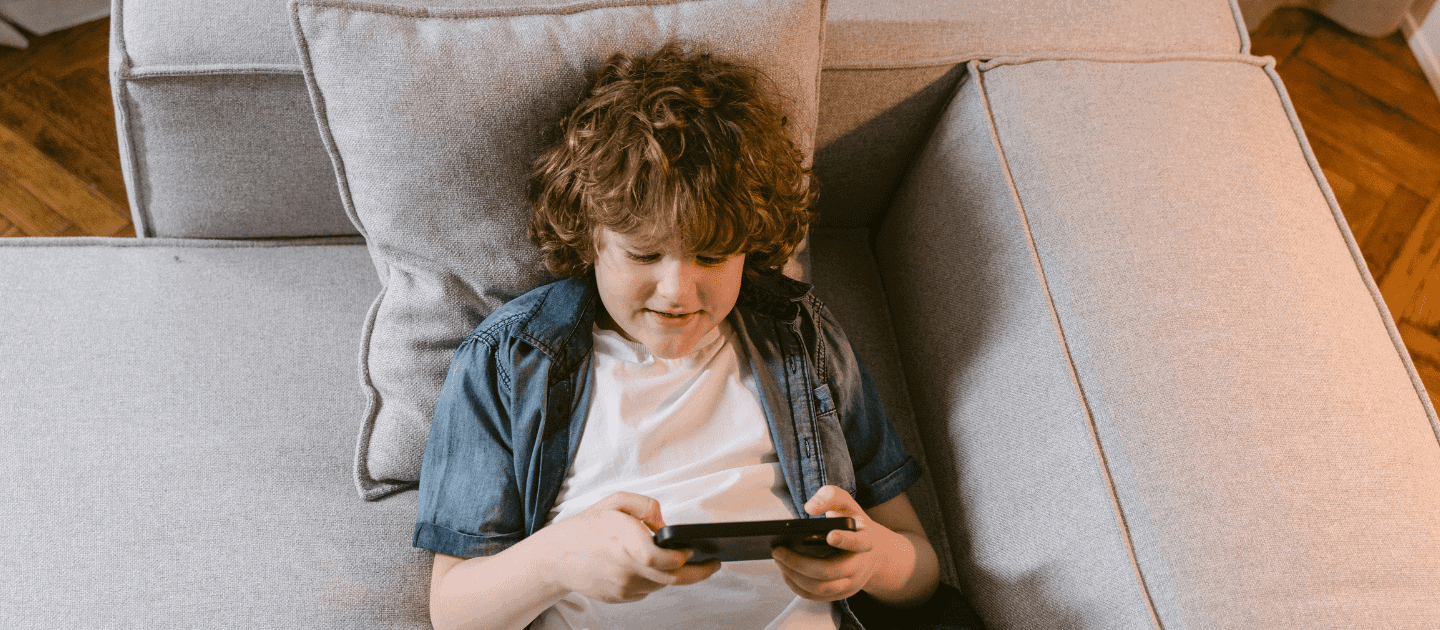
Teachers’ Mind, Brain, and Education Literacy
Students with a specific learning disability (SLD) have various factors that contribute to their social, emotional and behavioral challenges.
11 Aug 2024
April 27, 2022

Students with a specific learning disability (SLD) have various factors that contribute to their social, emotional and behavioral challenges. This study shows that low family income, exposure to antenatal smoking, short breastfeeding period, and long screen exposure place children with SLD at a higher risk of behavioral problems. Teachers should be aware of this study and provide a multidisciplinary approach to supporting children with SLD. —Tanya Farrol
Approximately 5-15% of school children have a specific learning disability (SLD),1 which is described as “when children’s mathematical skills, reading, writing and self-expression skills are low according to their age and education level.”2 Students with SLDs have difficulties not only at school but also socially, such as limited interactions with peers and avoidance of social games that require attention. Early intervention is key to support these students with their emotional, social and behavioral issues.
This study examines the role that “family, natal, postnatal and childhood characteristics” have on the behavior of children with SLDs. It predicts that children with SLD have a “high risk of social, emotional and behavioral problems” relative to their peers. A Strengths and Difficulties Questionnaire (SDQ) was translated into Turkish and administered to 278 families with at least one child diagnosed with an SLD.
Here are the findings from the study:
In summary, financial issues, exposure to antenatal smoking, short breastfeeding period, hospitalizations, early first screen use, and sustained screen use during preschool years are associated with problematic behaviors in children with a SLD. In essence, the authors found that the families’ circumstances increased the risks for children with SLD. Schools need to be aware of this study and implement a multi-disciplinary approach to providing appropriate support.
Ayar, G., Yalçın, S. S., Tanıdır Artan, Ö., Güneş, H. T., & Çöp, E. (2021). Strengths and difficulties in children with specific learning disabilities. Child: Care, Health and Development, 48(1), 55–67. https://doi.org/10.1111/cch.12903
Summary by: Tanya Farrol – Tanya believes that the MARIO Framework is a personalized learning experience that develops skills and empowers learners to become an integral part of their learning journey.
Curious how MARIO Education can enhance your school’s advisory or learning support programs? Schedule a no-obligation demo with our team and discover how our innovative tools and 1-to-1 learning conversations can elevate student success and well-being in your school. Book your demo today!